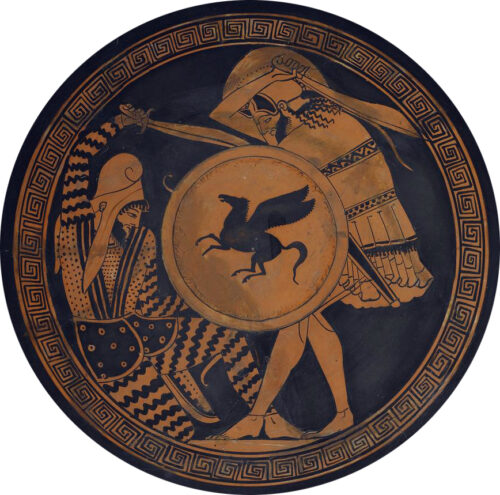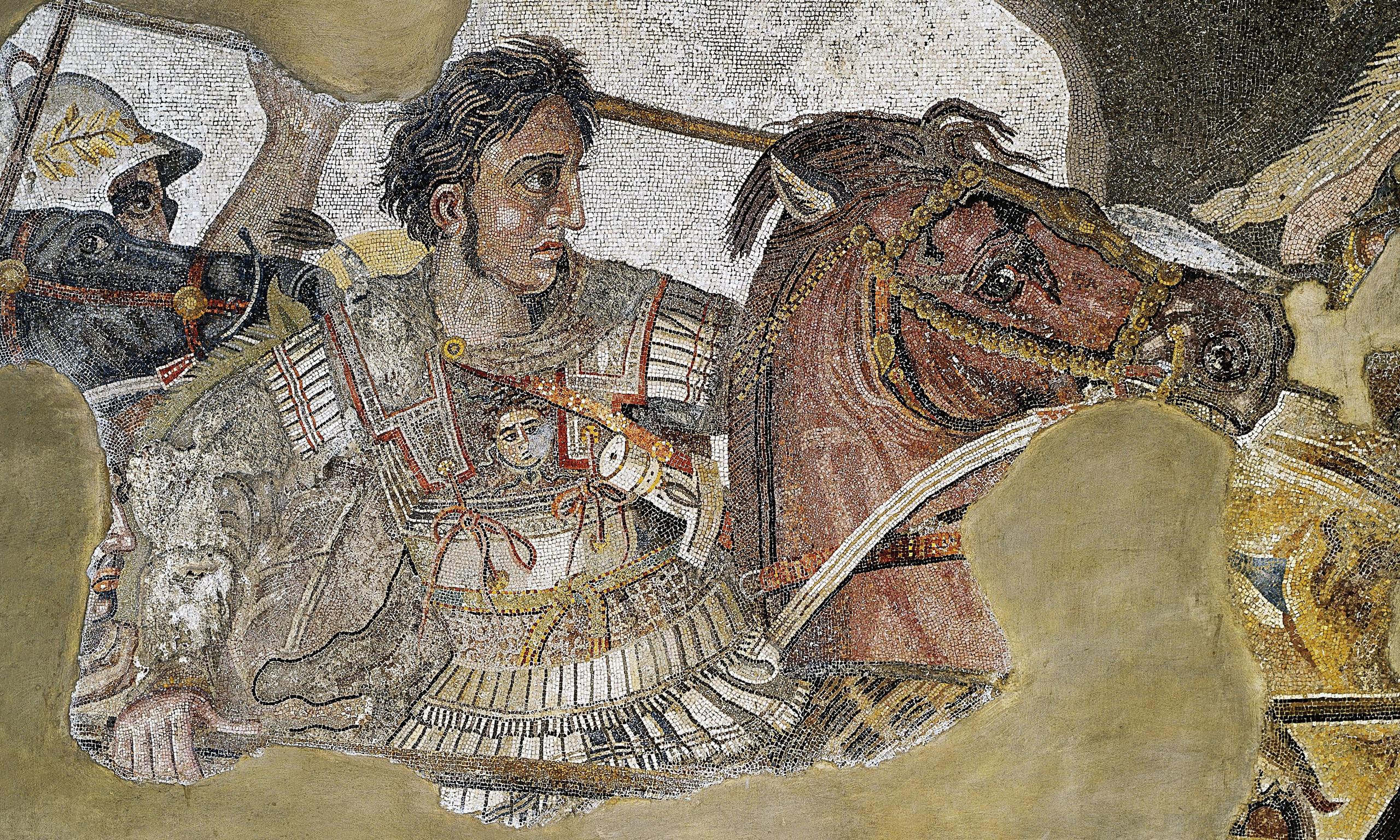Alexander Mosaic (detail),House of the Faun, Pompeii. Credit: The Guardian (DEA/G Nimatallah/De Agostini/Getty Images)
The end and aim of spying in all its five varieties is knowledge of the enemy; and this knowledge can only be derived, in the first instance, from the converted spy. Hence it is essential that the converted spy be treated with the utmost liberality.” — Sun Tzu. The Art of War.
Espionage, the clandestine act of gathering intelligence, has been a driving force in shaping the course of history. From the earliest civilizations to the modern era, the practice of espionage has evolved, adapting to the changing times and technologies. This article takes an in-depth look into the fascinating world of early espionage, tracing its roots and evolution through ancient civilizations such as China, Egypt, Greece, and Rome. As we delve into the past, we uncover the enduring significance of espionage in the realms of politics and warfare, providing a deeper understanding of its role in shaping our world today.
Ancient China
Ancient Chinese texts document some of the first-known intelligence operations and tradecraft in history. The writings of Sun Tzu, a theorist in ancient China, are particularly noteworthy. His work, The Art of War, explores various military strategies, including the use of espionage for military advantage. Sun Tzu’s teachings, which emphasize the importance of knowing oneself and one’s enemy, continue to influence military thinking and strategy in the 21st century. The state used espionage, deception, sabotage, and other unconventional methods for achieving superiority over enemies.

Ancient Egypt
Egyptian hieroglyphs reveal the presence of court spies, as do papyri describing ancient Egypt’s extensive military and slave trade operations. Early Egyptian pharaohs employed agents of espionage to ferret out disloyal subjects and to locate tribes that could be conquered and enslaved. From 1,000 B.C. onwards, Egyptian espionage operations focused on foreign intelligence about the political and military strength of rivals Greece and Rome.
Egyptian spies made significant contributions to espionage tradecraft. As the ancient civilizations of Egypt, Greece, and Rome employed literate subjects in their civil services, many spies dealt with written communications. The use of written messages necessitated the development of codes, disguised writing, trick inks, and hidden compartments in clothing to hide communications. Egyptian spies were the first to develop the extensive use of poisons, including toxins derived from plants and snakes, to carry out assassinations or acts of sabotage.

Ancient Greece
The rise of the Greek civilization brought forth new concepts of government and law enforcement. Between 1500 B.C. and 1200 B.C., Greece’s many wars with its regional rivals led to the development of new military and intelligence strategies. The early Greeks relied on deception as a primary means of achieving surprise attacks on their enemies. So renowned were Greek employments of deceptive strategies, that Greek literature from antiquity celebrated its intelligence and espionage exploits. Agents of espionage spied on rival city-states, providing rulers with information on military strength and defenses.

Ancient Rome
In Ancient Rome, plain-clothes military scouts known as ‘speculatores’ infiltrated enemy territories to gather information. The Roman Empire had a fondness for the practice of political espionage, both foreign and domestic. Intelligence agents were in charge of the empire’s internal security, joining an extensive network of civil informants, or delatores, who provided all manner of information to the imperial administration and the emperor himself. During the Roman Republic, the use of military scouts was widely reported. Every Roman aristocrat had his private network of business associates, informers, clansmen, slaves, or agents who could keep him informed on the latest happenings in the Senate, the activities of rival families, or the goings-on in his own home.

In Conclusion
Espionage has played a crucial role in shaping the course of history. From the ancient civilizations of China, Egypt, Greece, and Rome, the art of espionage has evolved, adapting to the changing times and technologies. Despite its evolution, the core principles of espionage—gathering critical and strategic information—remain the same. As we look back at the early history of espionage, we gain a deeper understanding of its enduring significance in the realms of politics and warfare.
*The views and opinions expressed on this website are solely those of the original authors and contributors. These views and opinions do not necessarily represent those of Spotter Up Magazine, the administrative staff, and/or any/all contributors to this site.

